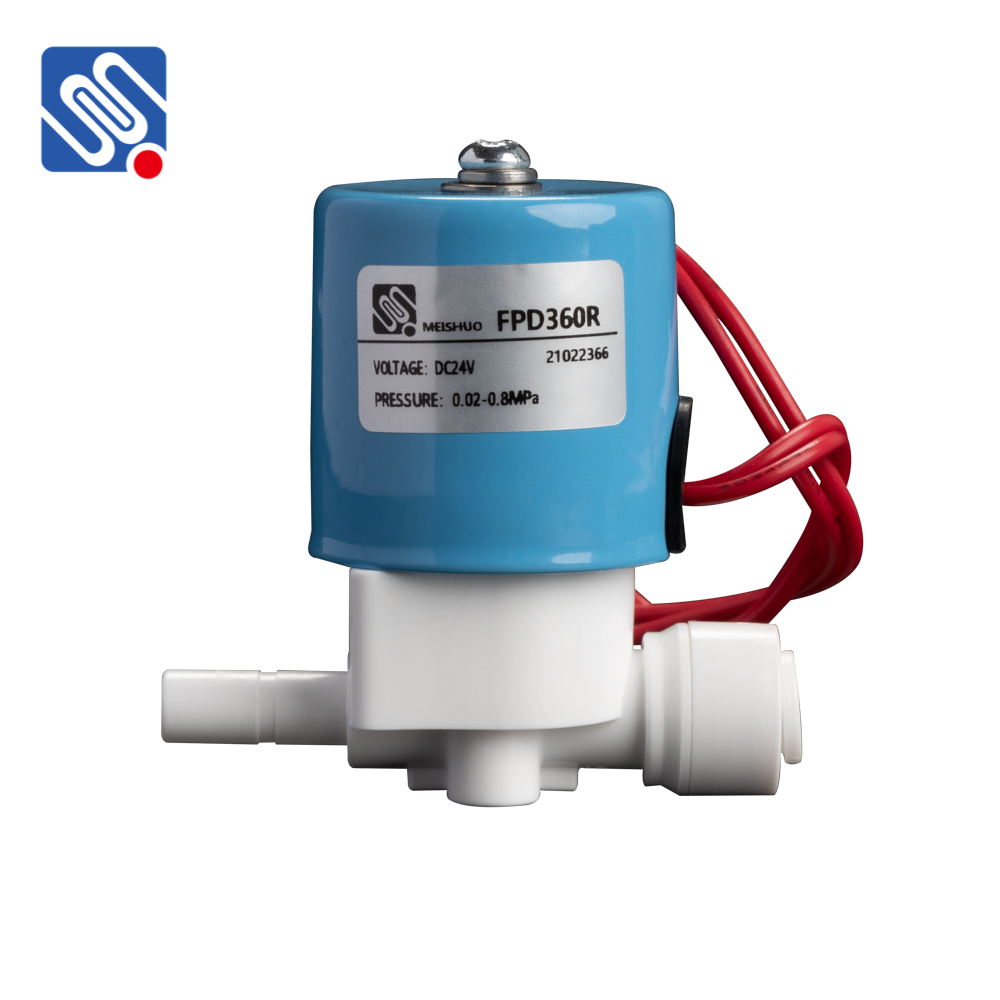In today’s industrial landscape, environmental responsibility is a crucial consideration in product design and manufacturing. One such product that has undergone significant advancements in terms of sustainability is the RoHS Compliant Solenoid Valve. These valves not only ensure operational efficiency but also adhere to strict environmental standards, making them a crucial component in industries that prioritize sustainability.

What is a Solenoid Valve? A solenoid valve is an electromechanically operated valve used to control the flow of liquids or gases within a system. It is activated by an electric current passing through a coil, which generates a magnetic field that either opens or closes the valve. Solenoid valves are widely used in a variety of applications, including fluid control in automotive, medical, HVAC, and manufacturing industries. The ability to precisely control flow makes solenoid valves indispensable in these sectors. The Importance of RoHS Compliance RoHS stands for Restriction of Hazardous Substances, and it is an essential directive from the European Union that limits the use of specific hazardous materials in electrical and electronic equipment. Introduced in 2006, the RoHS directive restricts the use of six substances: lead (Pb), mercury (Hg), cadmium (Cd), hexavalent chromium (Cr6+), polybrominated biphenyls (PBB), and polybrominated diphenyl ethers (PBDE).